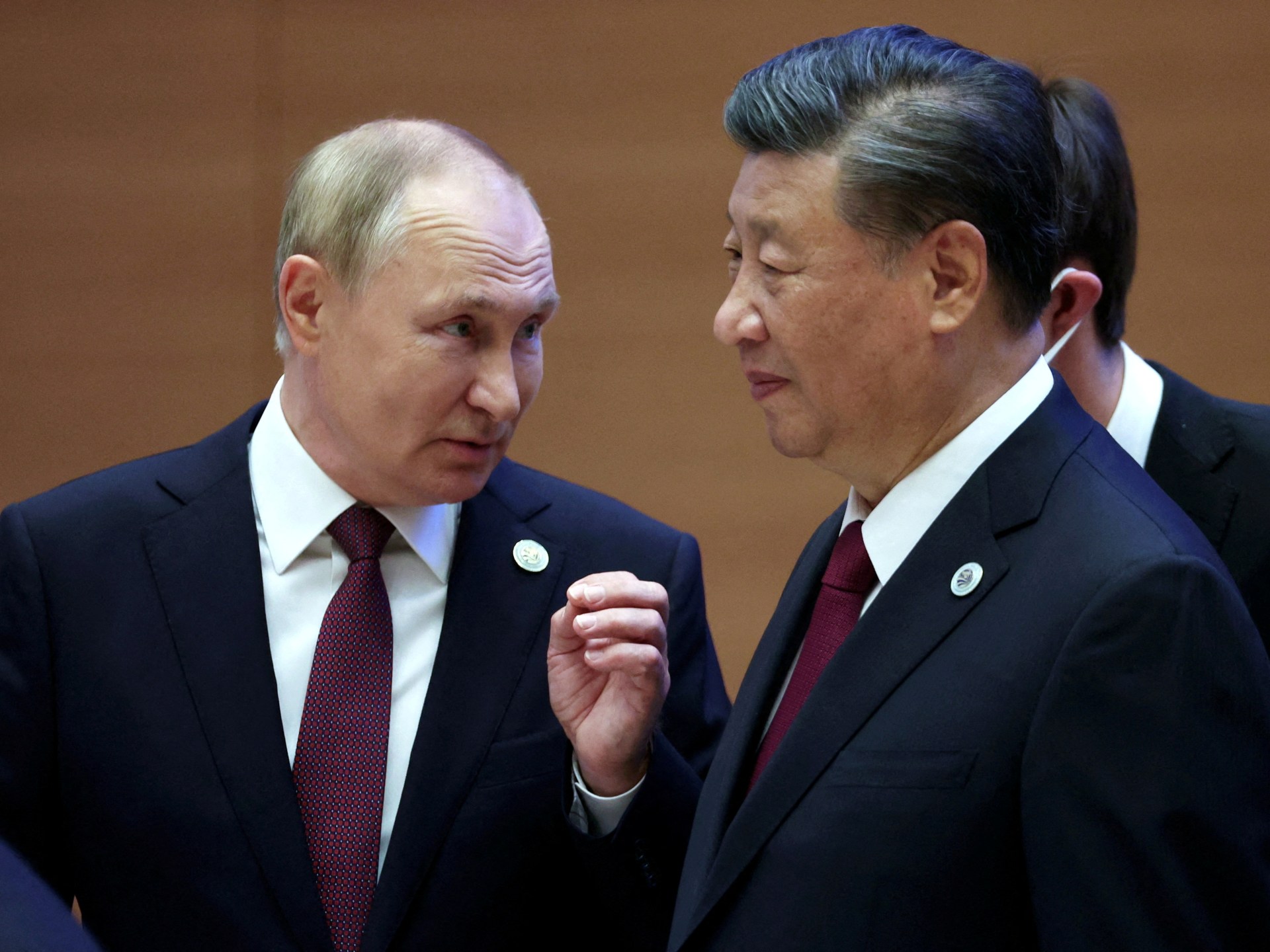The American Time magazine said that it took about a year of bloodshed for China to realize today that the war in Ukraine represents a great dilemma, which makes it want to play an important role in putting an end to it.
She added that this was the message that Wang Yi, Chairman of the Foreign Affairs Committee of the CPC Central Committee, addressed to European leaders at the Munich Security Conference last Saturday.
The difficulty, of course, is that Wang is not proposing to take the shortest distance that would make Beijing stop its financial and political support for Russian President Vladimir Putin's war machine.
Instead, he ventured into a "hazy" peace plan in which China would play the role of mediator between the warring parties, but imply "tender criticism" of the United States.
Peace talks?
"Some powers may not want to see peace talks come true," Wang was quoted as saying by the magazine. "They don't care about the life and death of Ukrainians, nor about the damage to Europe. They may have strategic goals that are bigger than Ukraine itself."
In its report prepared by its correspondent for East Asian affairs in Singapore, Charlie Campbell, Time asks about the reasons why China is launching its peace initiative now.
In answering the question, the magazine explores an aspect of Beijing's dealings with similar events in modern history, as it dealt with caution and reservation regarding interference in distant conflicts.
Its involvement in the Ukraine conflict now may stem - in the opinion of the magazine - only from its desire to remain connected to what is happening there.
Another reason for Beijing's involvement may be that Russia is losing the war.
From China's perspective, a quick victory for Putin would be a slap in the face for the US while underlining the West's impotence.
political vacuum
But the protracted conflict galvanized the European Union and revived the North Atlantic Treaty Organization (NATO).
The longer the fighting continues, the more likely it is that Russia will be unable to retain the territories it has conquered, which threatens to diminish its sphere of influence in Central Asia.
Time quotes Victor Xie, an expert on Chinese politics at the University of California, as saying, "The political vacuum along China's northern border will pose a very serious security threat" to Beijing.
However, the bigger question that remains is whether China has the diplomatic capacity to offer a solution acceptable to both sides of the war.
True, Beijing has very little experience brokering peace deals, and its motives as Russia's main strategic partner remain highly questionable, as it profited from the war by buying up Russian natural resources at a low price.
Although Ukrainian Foreign Minister Dmytro Kuleba cautiously welcomed Wang's plan, President Volodymyr Zelensky has ruled out a settlement where his country would give up any territories Putin has captured.
Victor Gao, director of the China National Association for International Studies and spokesperson for the Chinese government, for his part, suggests that the possible start of any settlement would be a truce along the current battle lines.
There is another motive behind China's launch of its peace initiative, which is driving a wedge between Kiev and its Western allies, according to the American magazine, which believes that Wang's speech at the Munich Security Conference is nothing more than a "potential camouflage" behind which Beijing hides its support for Moscow, and gives it room to present itself as a "responsible stakeholder," while Washington ramps up arms supplies to Kiev.
Time concludes its report, citing the opinion of Jonathan Sullivan, Director of China Programs at the Asia Research Institute at the University of Nottingham, Britain, that the idea of Chinese peace talks may be rejected outright by the West.

